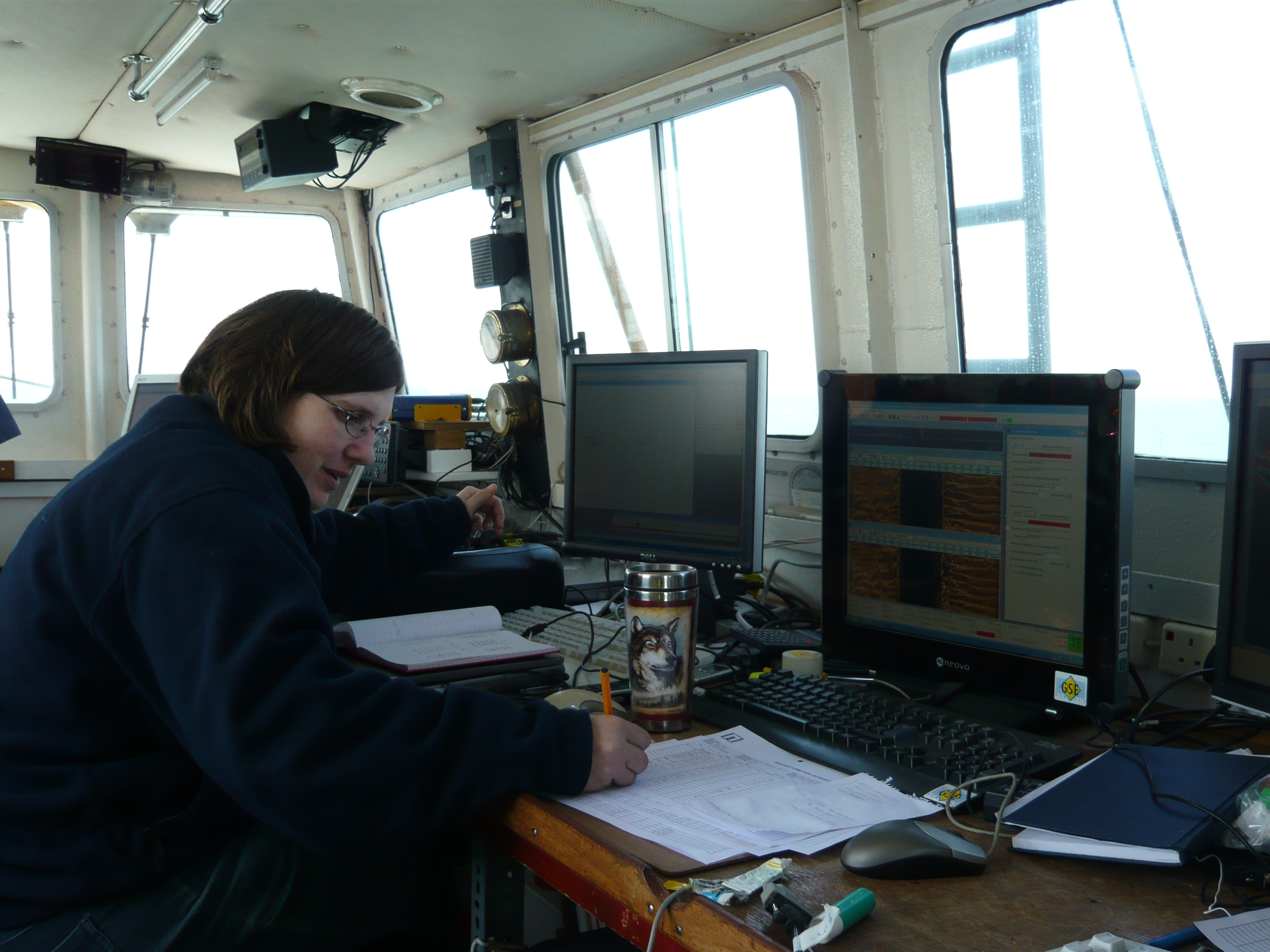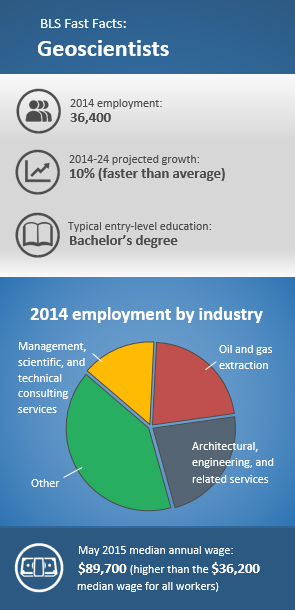All Categories
Featured
Table of Contents
Geophysical Survey Methods in Huntingdale WA 2020
This work is increasingly contracted out, so consultancies provide another source of employment. Consultancy companies differ in size, from very little companies to large multinationals. Some consultancies are quite specialised in utilizing particular geophysical methods or working in specific locations, while others use a more diverse range of services to their consumers.
The extraction of gas from landfill sites is another area of employment and this may grow in the future. Exploration companies may carry out work for construction companies, public utility, mining companies and environmental companies, so geophysicists may be employed in any of these settings. Other companies include: geological surveysgovernment bodies and agenciesuniversities and research study institutes.


Jobs might be listed in the oil and gas sector press. Recruitment is affected by oil cost variations and the level of competitors for positions differs depending upon this. Careers Days, which cover the full series of geoscience careers and are typically attended by a number of key industry employers, are run by The Geological Society.
Geophysical Survey - Plaza Of The Columns Complex in Belmont WA 2022
A few of the large oil and gas companies provide a full two-year structured training program across the breadth of geophysics, including the chance to experience work in numerous teams before specialising in one location. Your training might include deal with: existing wellsmagnetic and gravitational possible field information analysisresearchrock analysis. Nevertheless, it's more usual for your preliminary training to be offered on the job.

There might be a probationary duration during which you work together with a knowledgeable associate. Competency-based appraisals happen frequently in most companies. In smaller sized firms, and for scholastic posts, there is unlikely to be any official training - you'll be expected to begin work straightaway and get abilities as you go along.
If you work for a smaller business, you might discover that you require to take responsibility for organizing and moneying your own development and training. If you have a geology degree, membership of The Geological Society can be beneficial for networking and for keeping up to date with the market.
Geophysical Survey Permit Program in Currambine Oz 2020
You may also discover it helpful to join the PESGB (The Petroleum Exploration Society of Great Britain, which has a geophysics special interest group. After a probationary period, and as soon as you've acquired some experience, you might advance to senior geophysicist, then team leader and after that into a senior role in management.
The ease of movement in between roles depends upon the business structure. Research study at Masters or Ph, D level in a subject related to geophysics or geosciences may assist with your profession development and development. The employment market within the oil and gas industry is really dependent on price and this may affect your chances for career development.
Not all jobs are reliant on the oil and gas markets. For knowledgeable geophysicists, freelance consultancy offers a good route for profession advancement. You can also specialise in a particular location of geophysics. As a geophysicist, you're most likely to have several tasks throughout your working life. Global movement is crucial for dealing with peaks and troughs in various countries at various times.
Geophysical Prospecting in Middle Swan Western Australia 2023
From geophysics, it's possible to focus on seismology (completing more training to become a seismic interpreter) or to move into related locations such as engineering geology or risk forecast.
Choosing what to study in college is a hard option. Even if you understand that your field of interest lies in science, what program of study is ideal for you? If you make the choice to significant in physical and biological sciences and pursue a career as a geophysicist, you're getting ready for an interesting and profitable occupation.
The first action to achieving your goal of becoming a geophysicist is making a degree. Even for entry-level positions in the field of geoscience, you'll require a bachelor's degree (a geophysicist college degree) from a recognized college or university. Geophysicists must be able to: examine rocks, photos, and other pieces of data conduct research study both in the field and in laboratories produce maps and charts of their findings write reports To accomplish all this, students require a specialized education for geophysicist professions.
As stated above, you'll need a bachelor's degree in geoscience or an associated discipline, such as a physical science or a life sciences, to land an entry-level task. However trainees can also prepare by majoring in subjects like: Biology Chemistry Computer science Engineering Mathematics Physics The above geophysicist majors use a more generalized approach to a single scientific discipline, but the majority of programs require students to take one or more geology course.
Table of Contents
Latest Posts
How To Become A Geophysicist in Tuart Hill Western Australia 2020
What Do Geoscientists And Hydrologists Do? in Oakford WA 2023
Recent Advances In Optimized Geophysical Survey Design in Mindarie Australia 2021
More
Latest Posts
How To Become A Geophysicist in Tuart Hill Western Australia 2020
What Do Geoscientists And Hydrologists Do? in Oakford WA 2023
Recent Advances In Optimized Geophysical Survey Design in Mindarie Australia 2021